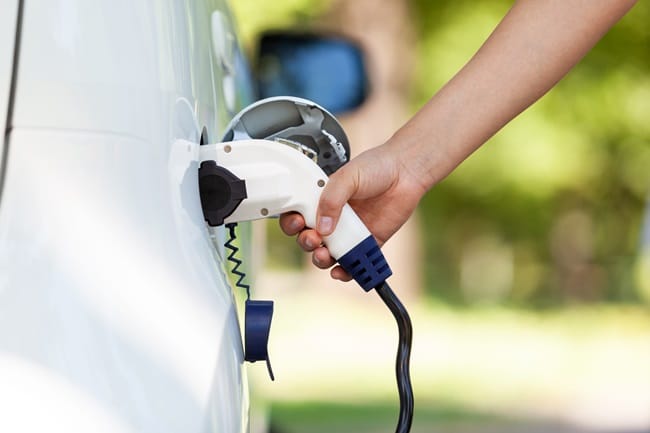120 proposals for legislative changes to develop sustainable transport in Poland

The “White Paper on New Mobility” by the Polish Electromobility Platform (PPE) is Poland’s first detailed guide to addressing the major challenges in developing sustainable transport. The project includes over 250 partners, such as 10 law firms and consulting companies. It offers more than 120 specific proposals for legislative changes in 12 crucial areas of new mobility.
Paulina Hennig-Kloska (Minister of Climate and Environment), Dariusz Klimczak (Minister of Infrastructure), Krzysztof Hetman (Minister of Development and Technology), and Dariusz Wieczorek (Minister of Science and Higher Education) received a comprehensive plan for the development of new mobility in Poland. The “White Paper on New Mobility” focuses on over 120 regulatory and systemic changes to speed up the electrification of Polish transport.
– In recent years, new mobility has not been a priority for public administration. Given global trends, Poland must transform its automotive industry toward zero emissions. Failing to do so means missing a historic chance to boost economic innovation and strengthen Polish companies in the global supply chain. To address these challenges, PSPA has prepared ready-to-implement regulatory solutions. The first step was identifying barriers to electromobility and involving affected entities in the project. The pace of implementing the “White Paper” postulates will determine the decarbonization of transport, economic growth, and compliance with EU regulations, such as the AFIR regulation – says Maciej Mazur, Managing Director of PSPA.
Urgent action in sustainable transport is vital for Poland, which currently ranks last in the EU for this field’s development. Poland’s share of fully electric vehicles (BEVs) is around 4%, over three times lower than the EU average. Other CEE countries, like Bulgaria, Hungary, Lithuania, Latvia, and Romania, have higher BEV shares. Charging infrastructure in Poland is also lagging behind most EU countries, hindering the achievement of EU targets.
Wojciech Jakubczak, Director of Organizational Development at PSPA, emphasizes that the “White Paper on New Mobility” was created with over 250 entities from various sustainable transport sectors, including leading companies, financial institutions, vehicle manufacturers, charging infrastructure operators, and companies from the battery sector. The document took over 1,000 hours to prepare.
The “White Paper on New Mobility” includes proposals for key areas of sustainable transport development in Poland. These cover charging infrastructure, building regulations, technical inspections of charging stations, tax and tariff aspects, clean transport zones, heavy transport (eHDV), implementation of RED II/III directives, the New Mobility Strategy, fire safety, battery regulation, electromobility’s impact on economic development, the “Mój Elektryk” program, and automated and autonomous vehicles.
For infrastructure, the document proposes easier access to private charging stations in multi-family buildings and exempting non-public stations from technical inspections. For taxes, it suggests VAT deductions for electric vehicle purchases and exempting charging stations from property tax. It also proposes creating clean transport zones without hourly restrictions and increasing support for the automotive industry’s transformation.
Source: pspa.com.pl